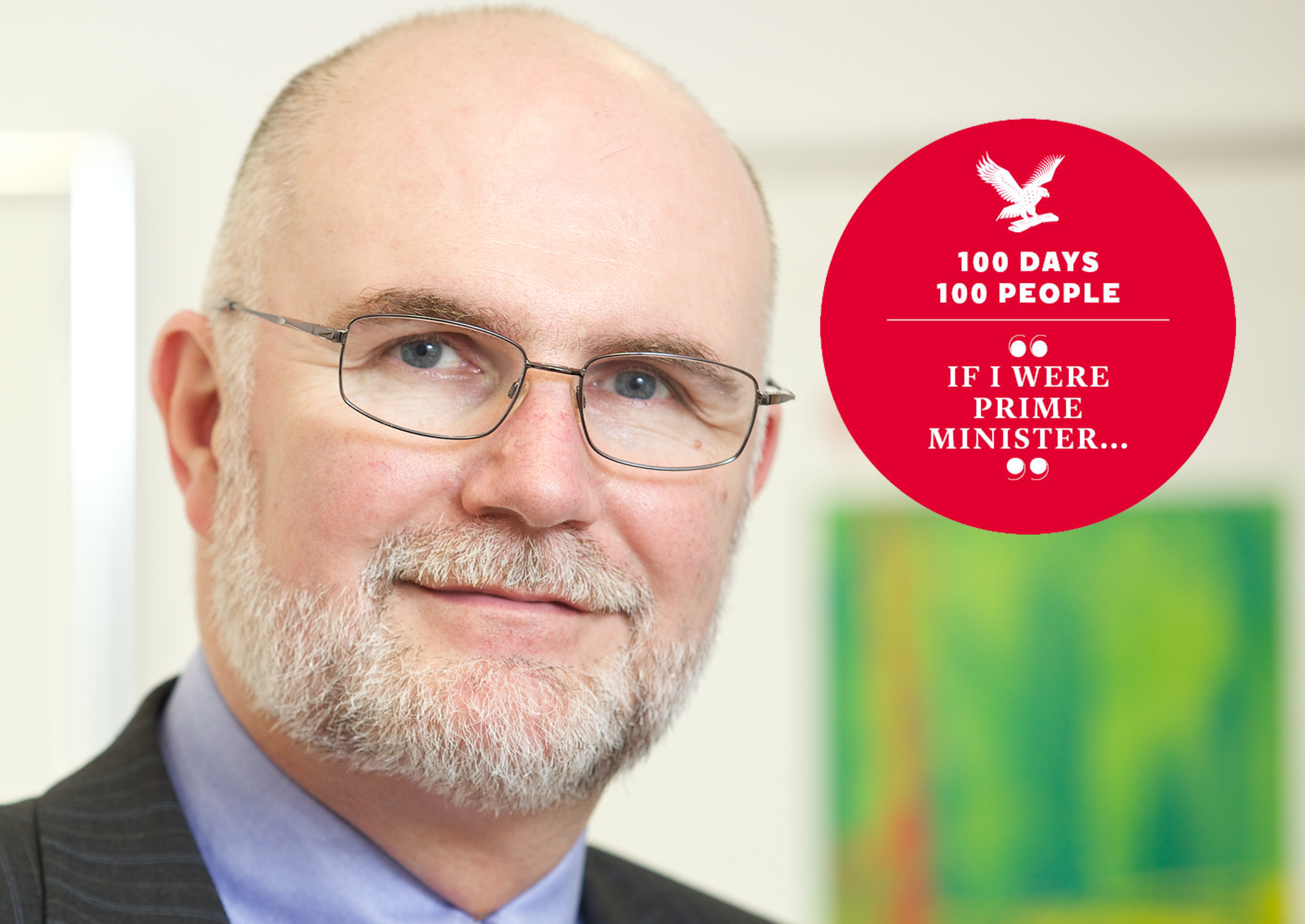If I were Prime Minister: I'd end the political game surrounding the NHS
Our series in the run-up to the General Election – 100 days, 100 contributors, but no politicians – continues with the British Medical Association council chair

As election day looms, the NHS continues to top poll after poll as a key issue for voters. This is hardly surprising. Not only do we value a health service that is free and universal, for many it instills a sense of national pride – and for good reason.
The NHS is the best health care system in the world. A report produced last year by the respected Commonwealth Fund found that it came out on top for quality of patient care and value for money. It is one of Britain’s towering achievements and viewed by many across the world as the gold standard for health services.
While the NHS is world leading, its strength and resilience have been undermined in recent years. While politicians claim the NHS budget has been protected, investment has remained flat and is falling behind that of other developed countries. At the same time, demand on services and the cost of delivering them have increased at around four per cent a year.
The result is that a funding gap, estimated to reach £30bn by 2020, is opening up, threatening the quality of patient care.
Once you get past the political rhetoric, you don’t have to look far to spot the cracks that have already appeared: longer waiting times, enormous pressure on our GPs surgeries and A&Es, and a postcode lottery of care and access to services.
The short-term political game playing with the health service that has dominated the election campaign must end. Instead the focus should switch to the long-term challenges facing the NHS, namely how to meet rising demand from an ageing population with more complex needs.
In addition to addressing the major funding pressure on services, there needs to be greater emphasis on delivering more joined up health and social care. The chronic shortage of doctors in general practice and emergency medicine, and the rising pressure front-line staff are under, which is increasingly leading to burnout, must also be dealt with.
Frustratingly, delivering these changes has been made more difficult by the damaging impact of the Health and Social Care Act 2012, which values competition between providers over integration of services, at the expense of patient care. This top-down reorganisation distracted from the real pressures facing the NHS and diverted billions of much needed funding away from front-line services.
An open and honest debate involving patients, front-line NHS staff and the public on how to undo the significant damage that has been done to the NHS by the Health and Social Care Act must occur without making more structural change for the sake of it.
Crucially, the health service must stop being used as a game of political football.
If I were the PM, I would support the British Medical Association’s campaign calling for an end to political game playing, commit to the long-term investment the NHS needs and put patients and doctors back in the driving seat, where they are needed far more than politicians.

Join our commenting forum
Join thought-provoking conversations, follow other Independent readers and see their replies